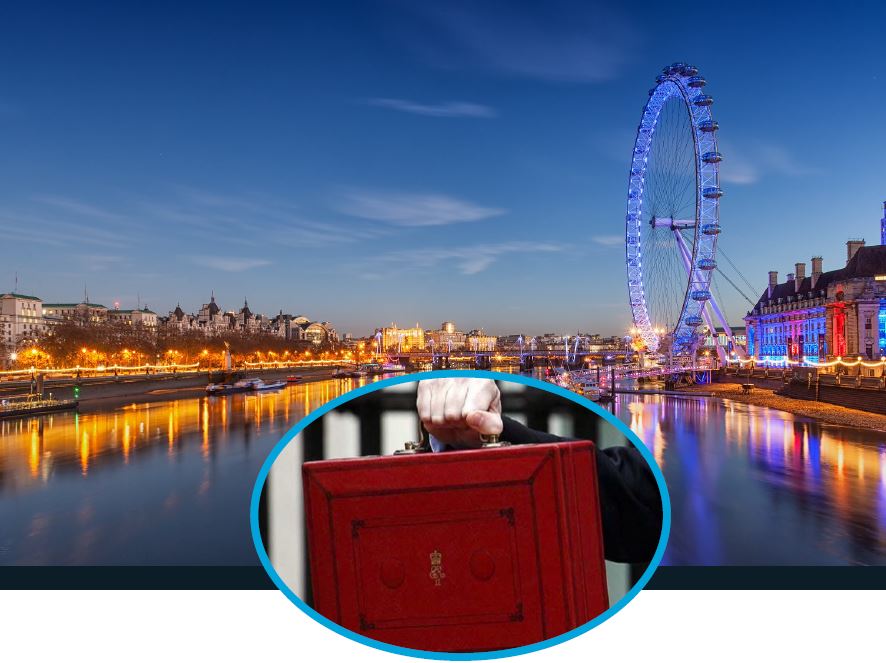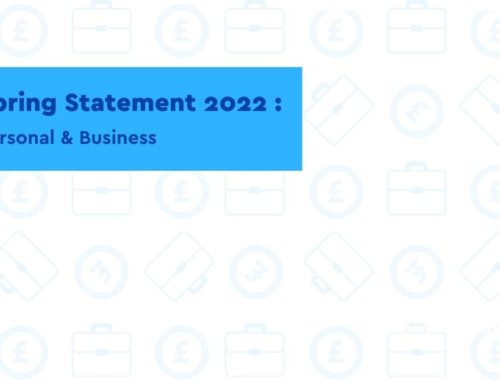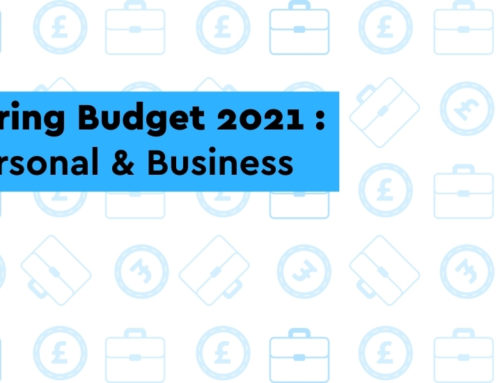The investment/Coronavirus Budget. Does this impact upon you?
The Budget yesterday was the first following the General Election and the UK officially leaving the EU but also was announced in the throes of the Coronavirus crisis. The Chancellor of the Exchequer, Rishi Sunak put in place a number of measures to try to alleviate the problems which might impact upon individuals and businesses as a result of the virus such as:
- Statutory Sick Pay (SSP) to be paid from day 1 plus businesses being refunded up to 2 weeks SSP for each eligible employee.
- Help for the self-employed through the social security regime.
- HMRC support for taxpayers suffering from financial distress, as a result of the virus, in respect of the late payment of tax.
- A temporary Coronavirus Business Interruption Loan Scheme to support businesses to access bank lending and overdraft facilities.
Download our guide to the Chancellor’s 2020 Spring Budget
For Business
On the tax front the corporation tax rate was to have dropped to 17% but this has been overturned and the rate remains at 19%.
Large companies who carry out Research and Development work will be rewarded with an increase in the Research Development Expenditure Credit relief from 12% to 13%.
A carrot and stick approach has been adopted by the Chancellor to encourage both business and individuals to use Co2 friendly/electric vehicles by offering tax incentives to do so whilst increasing the tax charge for those who fail to follow the Government aims.
Due to the delay in rolling out this Budget, certain announcements had been made prior to it. One of which was that for certain qualifying businesses the retail discount for business rates will be increased to 50% and the qualifying criteria has been extended to include music venues and cinemas. Public houses with a rateable value of less than £100,000 will get an additional relief of £1,000 which has now been commonly referred to as pub relief.
The annual threshold where a business suffers employers’ national insurance (NI) from April 2020 will no longer be in line with that of the employees NI threshold having been increased only in line with inflation up to £8,788.
The employment allowance, which can be offset against the employer’s national insurance liability, will be increased to £4,000 from £3,000.
For Individuals
The annual national insurance threshold, at which point an individual pays national insurance on their earned income, has been increased by 10% up to £9,500. For a typical employee and self-employed individuals it could result in an annual saving of up to £104 and £78 respectively.
The personal allowance for individuals will remain at £12,500.
Those individuals who have been caught by the pension tax charge because their income is high, will find some respite, as the Government has increased the criteria threshold at which point the charge comes into play.
The capital gains tax exemption threshold has increased to £12,300.
There are lots of opportunities and issues to consider following this Budget for businesses, individuals and families. We are here ready to help. We believe it’s important to discuss all plans you are considering before taking any action and so if you would like to see how the 2020 Budget changes might affect you, your family and your business, why not contact us now.
‘Morgan Reach Accountants’ App
You can also Download our Free App to access our in-App Budget Pack that has been fully updated following Budget 2020 announcements, and you can view a comprehensive summary, highlights and key reactions all in-App.
We offer far more than just the traditional accountancy and tax services, and can advise on a comprehensive range of strategies designed to maximise your profitability, improve your personal wealth and minimise your tax liabilities.
If you would like more detailed, one-to-one advice on any of the issues raised in the Chancellor’s Budget speech, please contact us now.







